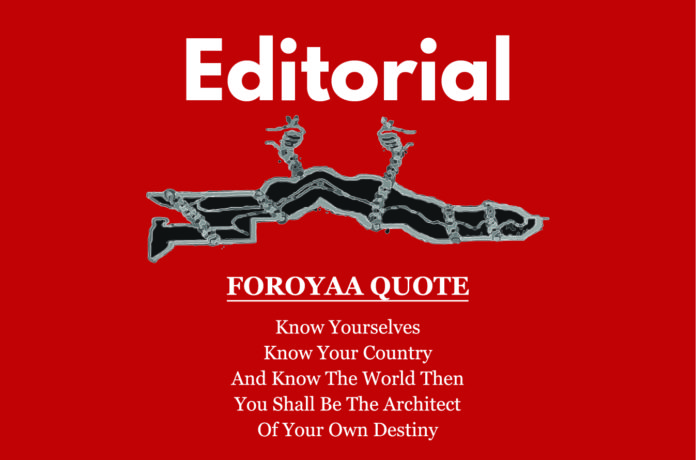The Constitution provides a whole chapter on the media as a vital component of the democratic dispensation of a country. It is therefore important for the relation between the government and the media to be guided by the dictates of the Constitution.
Section 25 of the Constitution provides for freedom of expression including freedom of the media. Freedom of expression is limited unless accompanied by freedom of the media which enables opinions and information, news and reviews to be amplified in the public space. This makes the media a physical enabler in the dissemination of information vital for decision making both by the government and non-government entities.
The court cases surrounding freedom of expression should be put in the proper context. There can be no court case without a law providing for criminality or remedy for offences or damages respectively. It is now accepted that the best environment for promoting freedom of expression is to decriminalize speech and strengthen legal provisions aimed at protecting the rights of others through civil suits to claim for damages, which does not include the might of the state expressed through detentions, interrogations and other coercive measures that do not augur well in promoting a free and open society.
The consolation is that all members of society have equal rights to freedom of expression. Hence every statement made against a person can also be refuted by the aggrieved person. Falsehood that is challenged and refuted could not stand. It is only truth that can prevail.



















